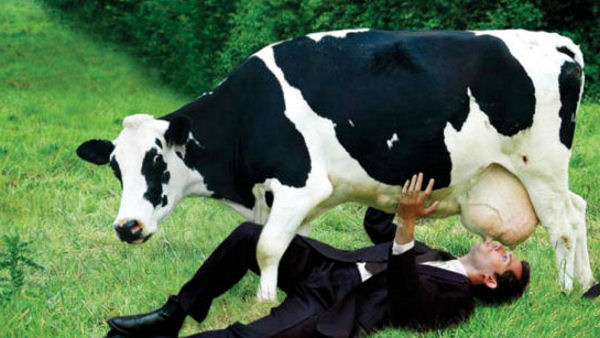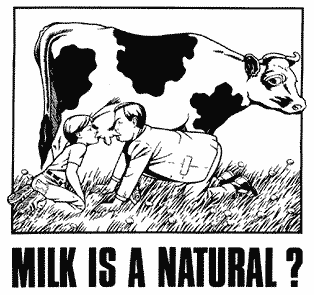The $386 product I checked is a Korean brand http://www.teltron.com/en/common/pr...t&a_cd=3&a_item=1&lclass=i_50&sm=4_5&po_no=20
The other simply no brand, sad.
For $386 you might as well get the following http://www.amazon.com/Ultrasonic-Ve...&sr=1-1&keywords=ultrasonic+vegetable+cleaner
It is a more complete solution with a container & electronics. It is big at 12.8 litres.
However I will be getting a different ultrasonic cleaner. My main purpose for getting one of these ultrasonic cleaners is to make liposomal vitamin C. The secondary reason is to use it to clean fruits & vegetables. I already have an ozone generator & can use it with the ultrasonic cleaner to do the same job as these food cleaners.






